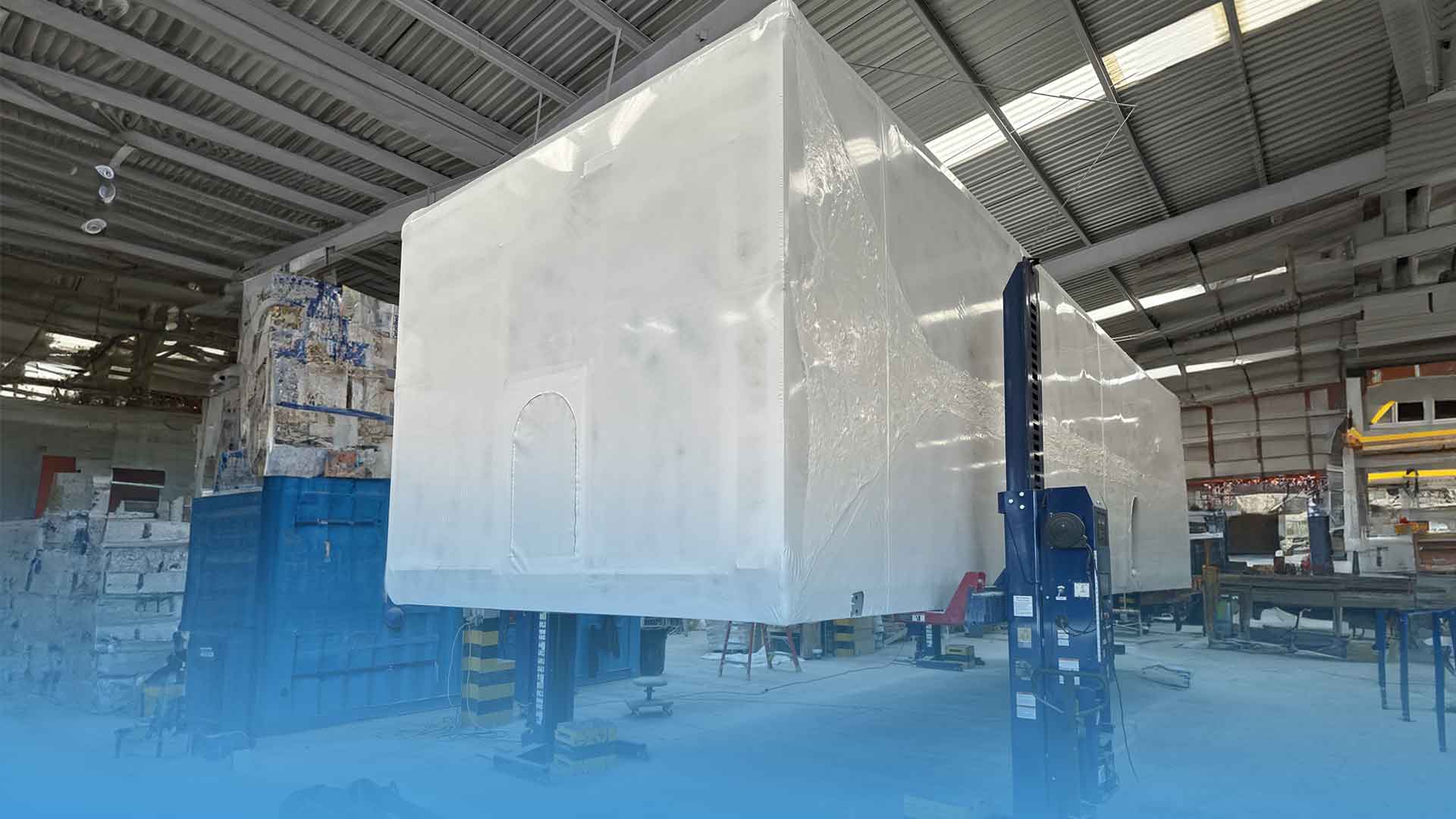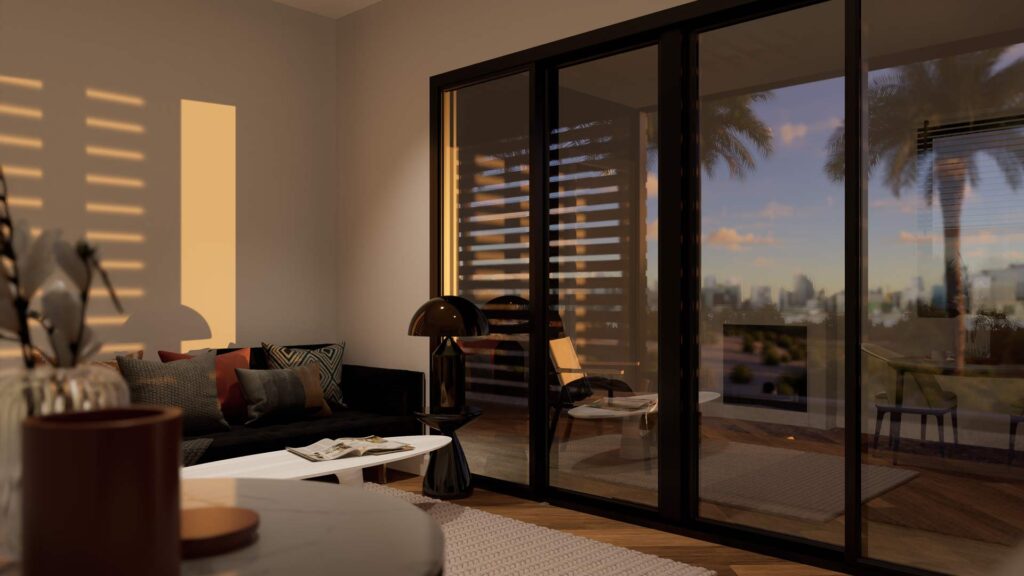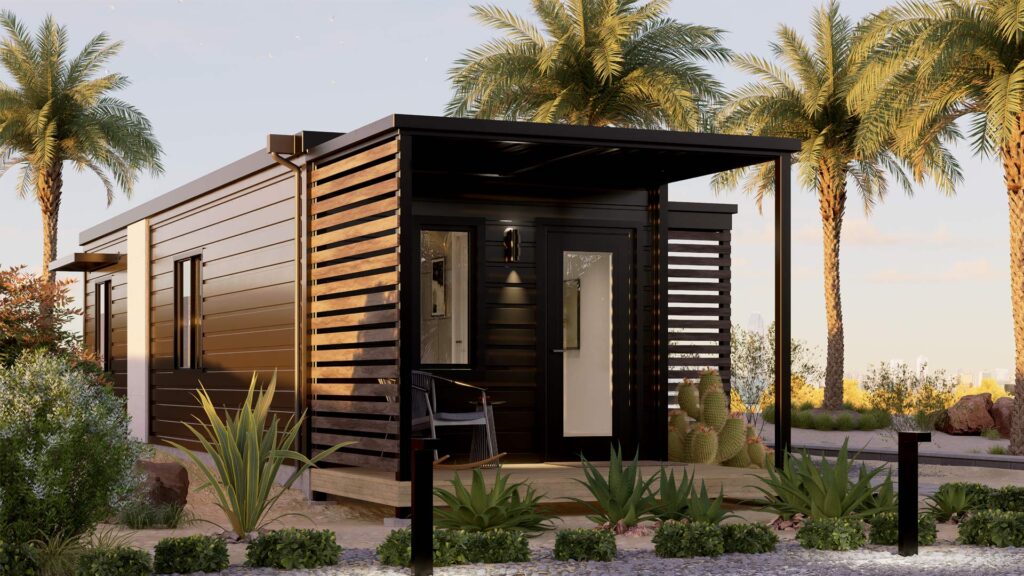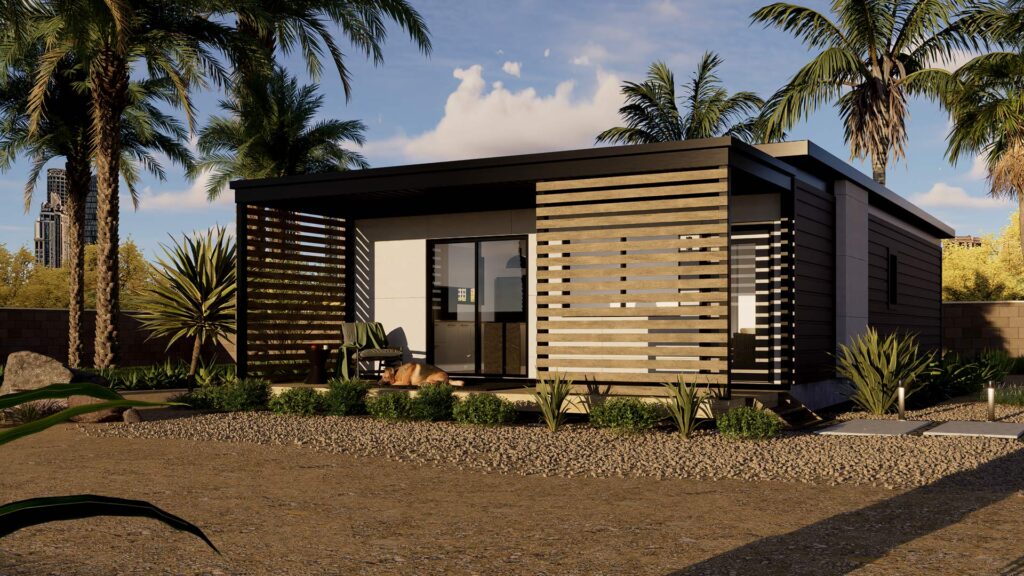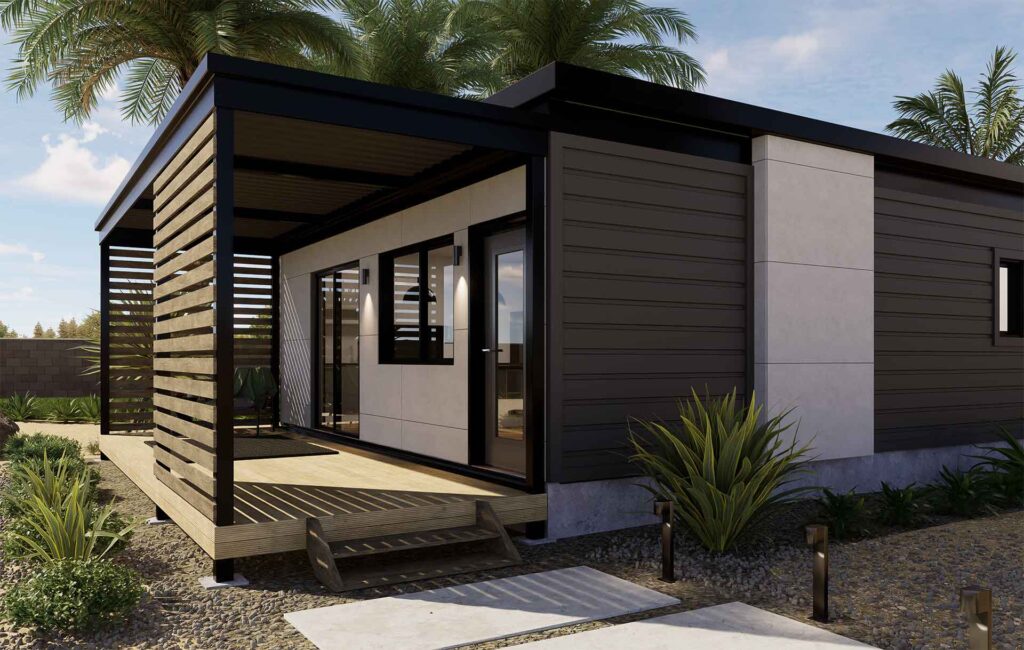Modular Construction: A Strategic Solution for the Housing Crisis
In the face of a growing need for affordable housing, Connest is championing modular construction to dramatically alter the real estate landscape. This method is not just about building faster—it’s about building smarter, with greater affordability and efficiency.
Accelerating Construction, Enhancing Affordability
Modular construction stands out due to its ability to streamline the entire building process. Connest leverages this to slash project timelines and costs, directly addressing extensive housing shortages and long waitlists for affordable units. Consider this:
- Speed: Modular homes can be produced in as little as one-third the time required for traditional construction, with some projects completed from start to finish in under three months.
- Cost Reduction: Studies show that modular construction saves up to 20% on building costs compared to traditional methods. Connest’s optimizations could push these savings even further, making housing affordable on a broader scale.
The Cost Challenge and Modular Solutions
With the cost of traditional construction soaring by nearly 29% since 2020, affordable housing has become increasingly unattainable for many. Connest’s modular approach not only curtails these rising costs but also addresses the scarcity of affordable homes, estimated at 7.3 million units needed by the National Low Income Housing Coalition.
Modular Types: Flat Pack and Volumetric Innovations
Connest employs both flat pack and volumetric modular systems to customize solutions for varying project demands:
- Flat Pack: Similar to building complex projects on-site but delivered in manageable components, allowing for customization at the point of assembly.
- Volumetric: These are fully equipped modules, complete with internal fittings and installations, ready to be assembled on-site quickly and efficiently.
Efficiency Gains
The shift to modular construction isn’t just theoretical. Real-world applications have demonstrated significant gains:
- Time Efficiency: Modular projects can reduce overall development timelines by 30% to 50%, according to industry studies.
- Environmental Impact: Modular homes often exceed traditional building standards for energy efficiency, reducing energy use by approximately two-thirds due to tighter construction and reduced on-site activity.
- Financial Savings: The controlled factory environment minimizes waste and theft, directly translating to an average cost saving of up to 20% per project.
Breaking Barriers for Broader Adoption
Despite its many benefits, modular construction faces regulatory and perceptual barriers. However, the tide is turning. The Biden Administration’s 2022 housing initiatives have recognized modular construction as a pivotal strategy to increase the national housing supply, signaling growing acceptance and support for this method.
As modular construction’s potential becomes increasingly recognized, Connest is positioned as a leader in this field, ready to meet the urgent demand for high-quality, affordable housing. With each project, Connest not only constructs homes but also builds hope for countless families seeking affordable living solutions.
Discover the possibilities with Connest’s innovative modular homes and join us in shaping a sustainable, affordable future: Visit our website.

